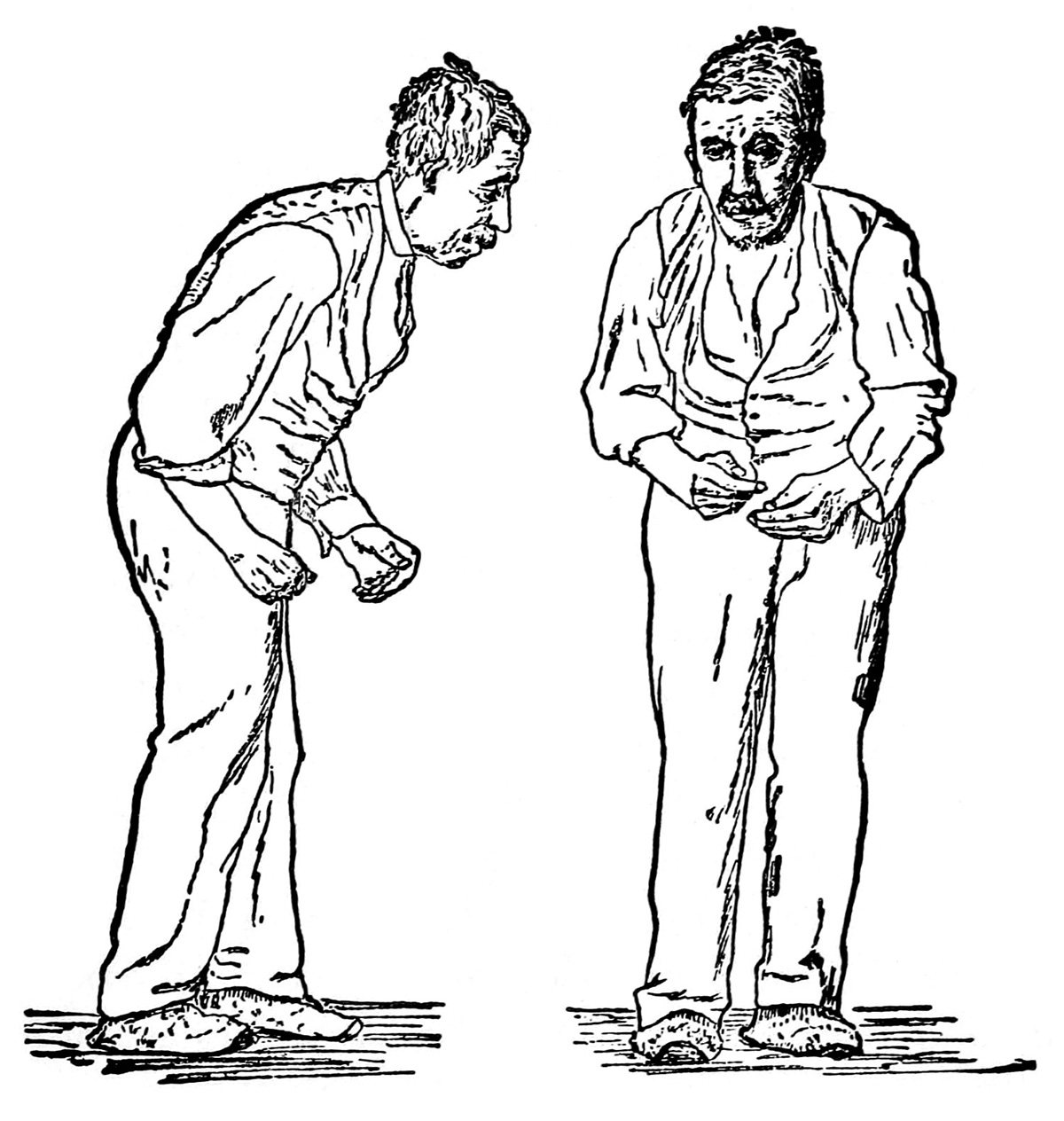
Parkinson’s disease (PD) is a progressive disorder of the motor system. This disease occurs when cells of the midbrain start to malfunction and consequently die. Due to this, neurotransmitter known as dopamine, which transmits signals that control movement, coordination, memory and decision making, is lost as well. Parkinson’s disease develops very slowly and affects speech, motor skills, and other functions. It happens due to dopamine as a chemical messenger. Most people experience the first symptoms of Parkinson’s disease after 60 years of age though it may affect younger people as well. Dementia as a less common symptom of Parkinson’s disease affects only around 20% of people with Parkinson’s disease. The onset of dementia may occur after 10-15 years diagnosis of Parkinson’s disease. Parkinson’s disease dementia (PDD) has similar symptoms as Alzheimer’s disease. Increased risk for developing Parkinson’s dementia have people with Parkinson’s disease who experience hallucinations and severe problems with motor skills.
Causes of Parkinson’s Dementia
Causes of Parkinson’s disease are still unknown. It is believed that environmental factors may play a role in developing this disease. Exposure to high levels of herbicides and pesticides may trigger impairment of neurotransmitter. Another possible cause could be severe physical or emotional trauma. Sometimes, Parkinson’s disease occurs due to inherited genetic mutations.
Stages of Parkinson’s DementiaParkinson’s disease dementia can be classified into five stages.
Stage I – It is a mild or early disease where only one side of the body is affected. A person with Parkinson’s disease is not disabled but tremor in one of the limbs usually occurs. Changes in posture and facial expression can be noticed in the patient.
Stage II - This stage of Parkinson’s disease is characterized by rigidity of limbs and difficulty walking and maintaining balance. Both sides of the body are affected and body movements are slow. However, a patient in this stage of the disease responds well to therapy.
Stage III – Symptoms of Parkinson’s disease stage III can be rather severe. The sufferer experiences impaired balance on standing and walking but is still independent. Moderately severe generalized disability is present and effects of drugs wear off.
Stage IV – It is an advanced stage of Parkinson’s disease accompanied by severe symptoms. A patient in this stage cannot live on their own anymore due to autonomic nervous system impairment. Walking is limited and there are problems with speaking and sleeping. However, tremors may lessen for unknown reasons.
Stage V – It is the last stage of the disease followed by complete disability. Sufferer is restricted to bed and requires constant nursing care. Symptoms of this stage are: inability to speak, loss of appetite, difficulty breathing and swallowing, bowel and bladder incontinence, agitation, hallucinations, delusions, phobias and personality changes.
Treatment for Parkinson’s DementiaParkinson’s disease dementia is incurable. However, treatment aims to relieve the symptoms of disease. A patient can be treated with medications such as levodopa, carbidopa, entacapone, dopamine antagonist and monoamine oxidase inhibitors. Treatment may also include physical therapy and surgical options such as deep brain stimulation.

















Your thoughts on this
Loading...